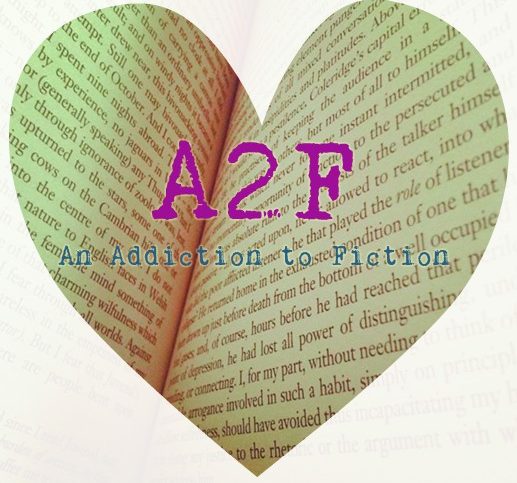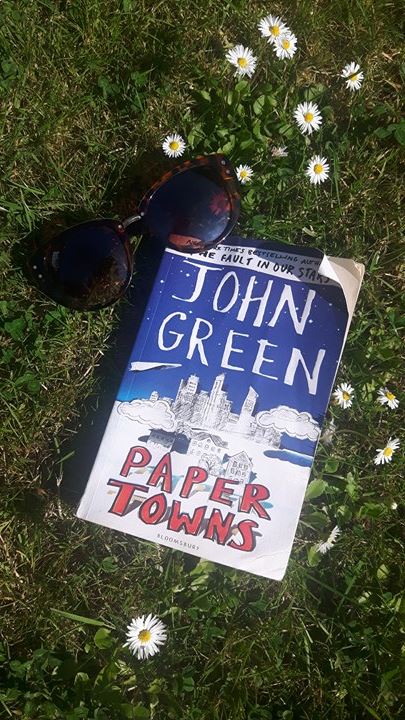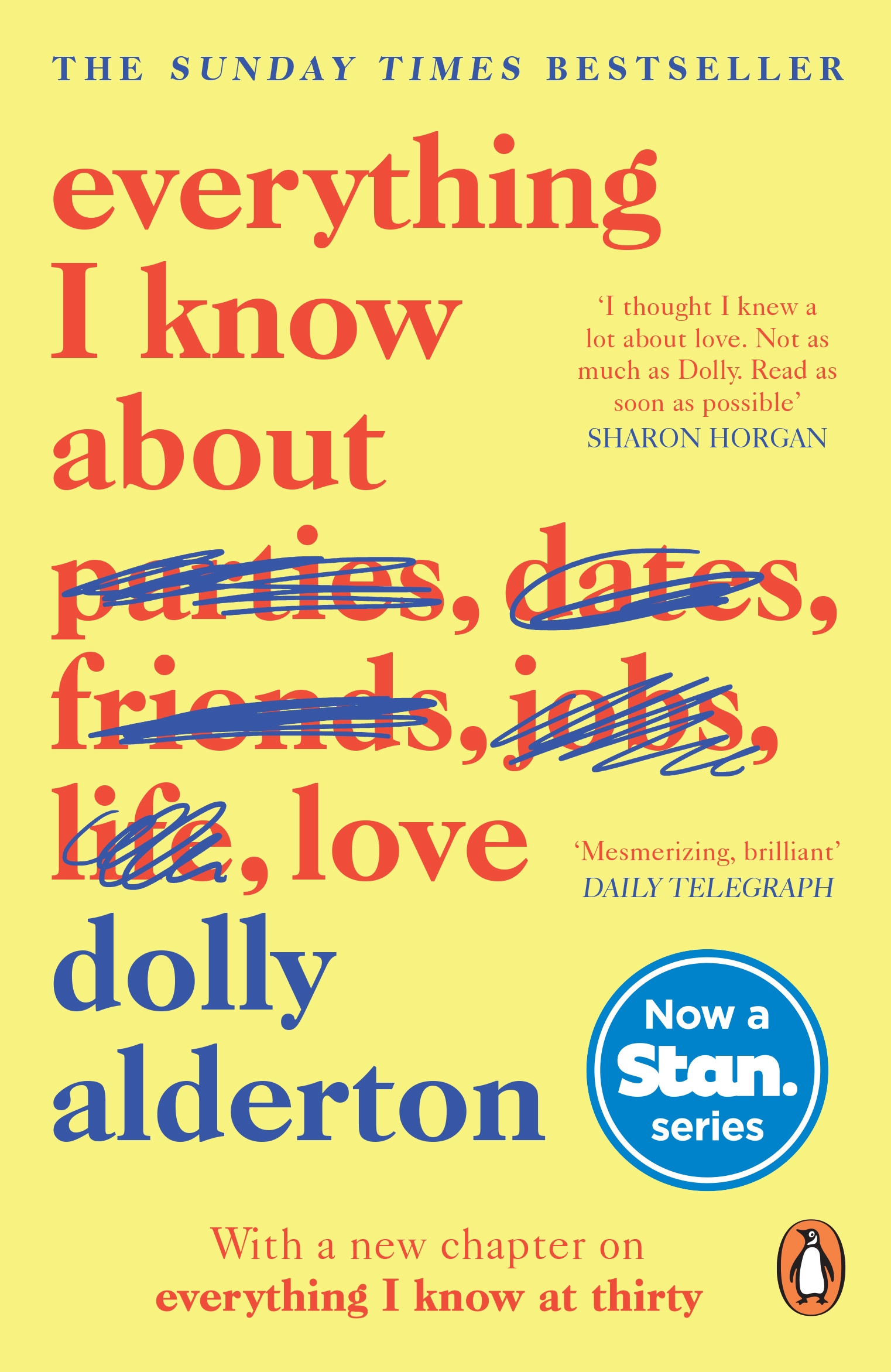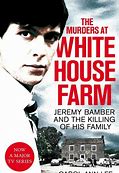
This was one of those books that took me a while to get into. It might have been because I started it straight after finishing ‘Normal People’ which I loved and was hard to let go of. It might also have been because I found it hard to relate to the characters in the beginning. I found Scarlett to be a bit weak as a character as her personality seemed to revolve around her upcoming arranged marriage. I found myself wishing that Tella was the protagonist as she was the more rich and fiery character. However, that probably had a lot to do with the fiction that I have read in the past, especially YA fiction where there is always a rebellious female character as the lead. Think ‘Hunger Games’.
As the book went on though I started to appreciate Scarlett as a character and realised that ‘Caraval’ wasn’t the type of book I expected it to be, however much it looked like it and felt like I when I first picked it up. It is much more than the magic and the fantasy, although that is a big part, and at its heart is a strong coming of age story in the sense that the book and the plot surrounds Scarlett’s journey of self discovery and development. She became more of the fiery, self-assured character that I wanted to be in the beginning. But she couldn’t be that person in the beginning and I think that added to the story as we truly got to see her transform.
One thing that Garber did well though is her description and her world building, especially in regards to her use of colour. The island itself truly came to life in the book and I could picture it vividly in my mind. She didn’t include too much description which I think can take away from the narrative, but I felt like I had a good sense of the atmosphere and the environment to the point where it was easy for me to fill in the gaps and use my imagination to create the scenery. Like I said, her use of colour is what helped this. I loved how she contrasted the dull colours of the beginning of the novel with the bright colourful landscape of Caraval. She also did a great job of building the island itself, with all of its secret passageways and surprises. That is what made this book so exciting to read.
I love a story with a strong platonic or familial relationship at its heart. I get tired of all the cliché romance books on the market where a girl falls in love with a boy she’s only known for two minutes. Because of this I was so happy when I started reading the book and realised the story revolved around the relationship between two sisters. I have said before that I think too many female relationships in books revolve around competition (mostly for a guy). I also liked that her motivations in the book started as needing to save her sister, rather than needing to fall in love or impress someone. Spoilers: *This is why I was slightly disappointed with the ending. Not the fact that they all got to live – that I was happy about. But the fact that she was seriously considering whether to save her sister or the boy she has known for a few days. Obviously I was happy that she chose her sister but I feel like that shouldn’t have even been a question. *
I’m sure I’ve said before that I also like a book with good twists. I like to be shocked and surprised when I’m reading and although there were a few things that I managed to guess along the way, I thought I had guessed it all. Therefore, it was nice to be proved wrong. There are a lot of clues along the way so I would say pay attention whilst you are reading but I quite enjoyed just being swept up in it and seeing where it took me. It is funny because towards the beginning of the book the characters get a warning about not getting too caught up in the magic and the fiction and I feel like it is very possible to do that as you are reading.
I could probably use a whole other blog post to talk about Legend and tell you my thoughts on him, which I might do To summarise though, I thought he was a good villain as villains go. He has depth and layers and although he barely features in the book, he is still ever present as a threat that hangs over them. I would have loved to know more about him and his back story, instead of the brief tale that is passed on to them, although I do understand that that is probably done to add to the mystery. I’m hoping that I will find out more about him in the final two books of the trilogy.

All in all, I did enjoy this book. Ans I was actually disappointed when it finished and I realised there were two more books. Not because I didn’t want to read more, but because I wanted answers now. Apart from some of the issues that I had, especially surrounding the relationships in the books and some minor contradictions and plot holes, I did enjoy being swept away in the magic and the amazing world that Garber has created.



 a try. I chose this one because it was the one that my sister owned and therefore the easiest to get my hands on. After watching ‘A Fault in our Stars’ and building an opinion of John Green as someone who writes extremely emotional books, I was glad that this one wasn’t too heart-breaking. I really enjoyed the way that Green uses this book to question society and the way in which we live our lives, especially through his use of metaphors. A favourite theme of mine, and one of the main ones of the novel, was the invisible strings that are within us all that can get tighter and tighter. When discovering the body of a man who has committed suicide, Quentin describes how the strings within him had snapped. The writing Green uses is really beautiful, almost like poetry. One of my favourite lines from the book is this:
a try. I chose this one because it was the one that my sister owned and therefore the easiest to get my hands on. After watching ‘A Fault in our Stars’ and building an opinion of John Green as someone who writes extremely emotional books, I was glad that this one wasn’t too heart-breaking. I really enjoyed the way that Green uses this book to question society and the way in which we live our lives, especially through his use of metaphors. A favourite theme of mine, and one of the main ones of the novel, was the invisible strings that are within us all that can get tighter and tighter. When discovering the body of a man who has committed suicide, Quentin describes how the strings within him had snapped. The writing Green uses is really beautiful, almost like poetry. One of my favourite lines from the book is this:













You must be logged in to post a comment.